Insomnia: What are the symptoms and what is the cure for your sleeping problems?
Trouble drifting off? Waking in the night? Get to the root of your sleep problem and you can fix it – for good!
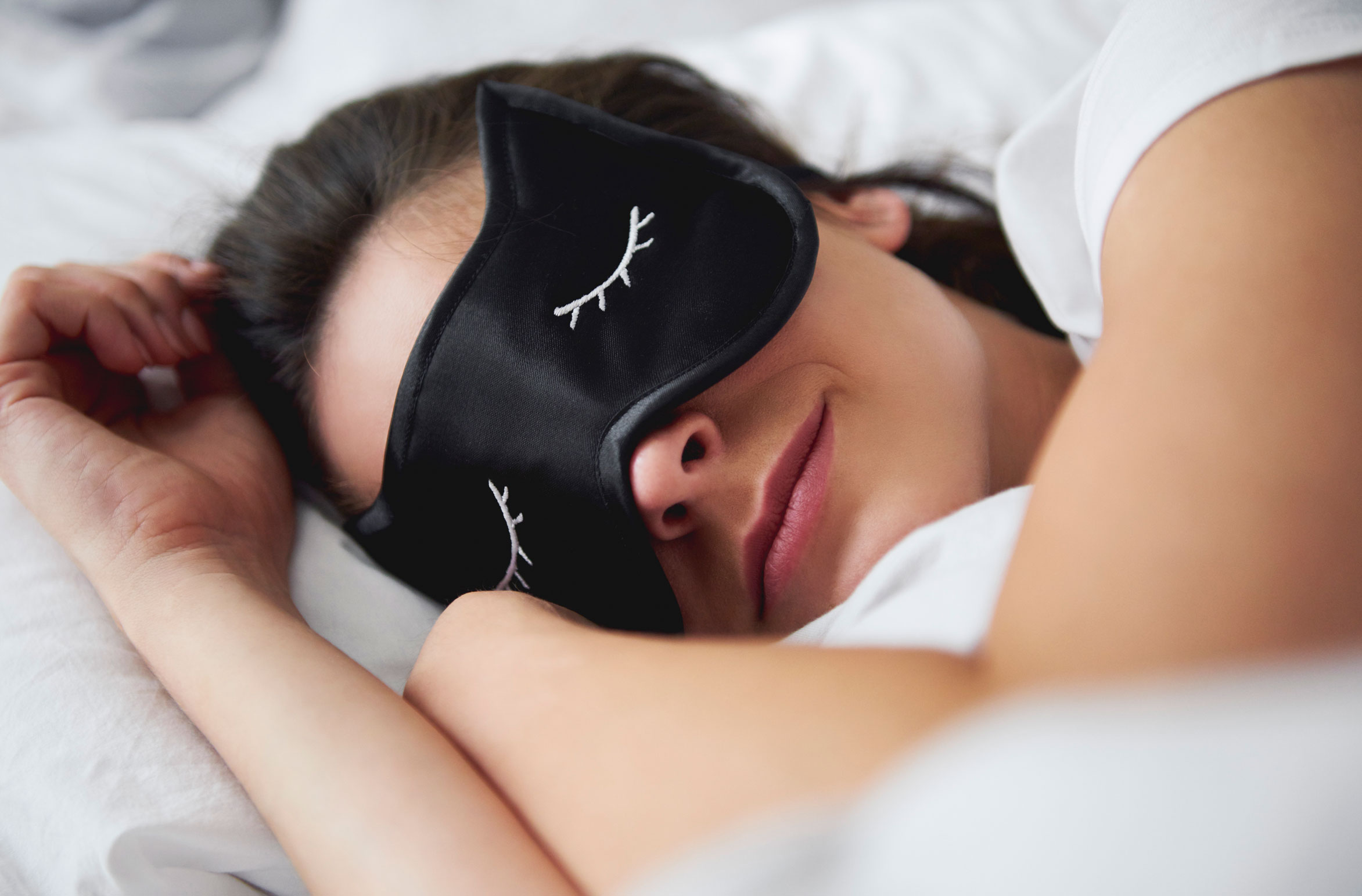
Insomnia can affect a lot of people, but do you know what are the symptoms of the condition and the cure for your sleep problems?
Do you have insomnia? Tonight around a third of us will get a poor night’s sleep, which will not only leave us feeling tired and irritable, but can also have long-term effects on our health.
Lower immunity and a raised risk of chronic conditions such as heart disease, stroke and diabetes are just two associated problems with not getting enough deep sleep.
‘Almost every ailment known to man (and woman!) is linked in some way to poor sleep,’ says Bristol GP Gill Jenkins. ‘Sleep deprivation increases our risk of developing health issues and it reduces our body’s ability to cope with them.’
Understanding more about what may be keeping us awake can help us make the right lifestyle tweaks to boost our sleep quantity and quality and, in turn, improve our health.
Insomnia symptoms
According to the NHS, you are considered to be an insomniac if you experience the following:
- You wake up several times during the night
- You find it difficult to get to sleep
- You find it difficult to nap during the day
- You lie awake at night
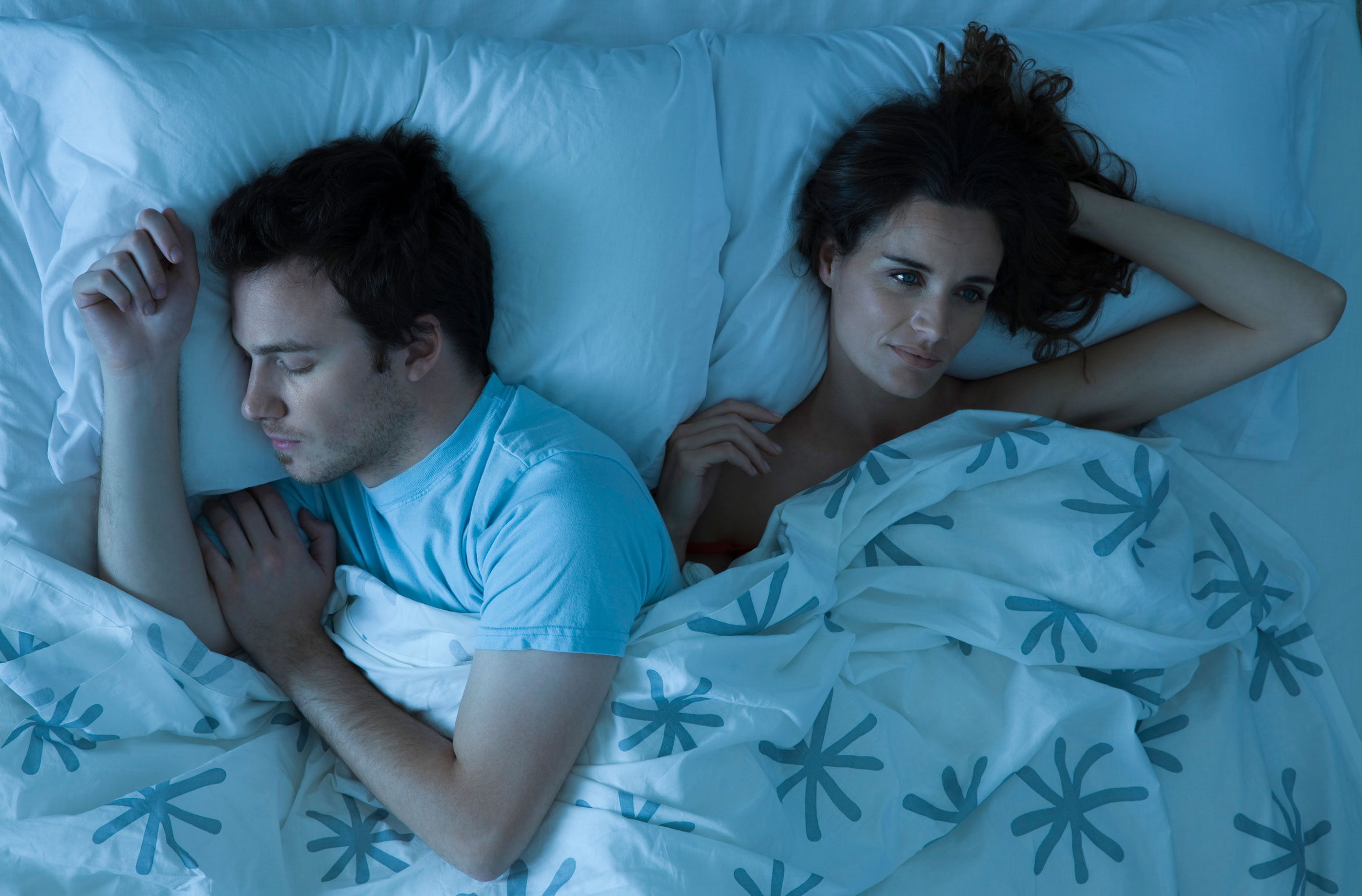
Insomnia cure: how to fix your sleep problems
1. Waking in the night
It’s normal to wake several times a night, and you may not remember doing so in the morning. It’s the inability to get back to sleep that’s problematic. Common reasons include stress, pain or discomfort and fluctuating hormones in menopause, which can result in hot flushes and night sweats. A snoring partner can be a factor.
GoodtoKnow Newsletter
Parenting advice, hot topics, best buys and family finance tips delivered straight to your inbox.
Insomnia cure:
✿ Make sure your bedroom is dark and quiet. Use thick curtains or blackout blinds, earplugs and eye masks. Seek advice about your partner’s snoring. ✿ Drink plenty throughout the day. Mild dehydration is one of the biggest triggers to waking, so make sure you drink around two litres of water a day. If you wake needing the loo, restrict fluids for two hours before bed. ✿ Keep cool. Light, cotton nightwear and bedding can reduce menopausal night sweats. Don’t raise your body temperature too close to bedtime – take a bath at least 90 minutes before bed, and exercise at least four hours beforehand. ✿ Change your sleeping position. The healthiest position is on your side, with your head, neck and spine aligned.
RELATED: How to recover from a bad night’s sleep
2. Trouble falling asleep
Not being able to switch off a busy brain before bed is very common, says sleep expert Dr Irshaad Ebrahim from the London Sleep Centre. ‘It’s not helped by our hectic modern lives with 24/7 access to mobiles and tablets.’
Insomnia cure:
✿ Establish a wind-down routine. Read or have a warm bath and ban all screens at least an hour before bed. ‘Interacting with your phone, even on sleep mode with the sound down and light low, stimulates the release of pleasure hormones dopamine and adrenaline, which will keep you awake,’ says Dr Ebrahim. The screen’s light interferes with melatonin, which regulates sleep cycles. ✿ Don’t go to bed hungry. Avoid heavy meals. Snack on natural, sleep-inducing foods banana, cheese, eggs, turkey and milk. ✿ Prepare for tomorrow. Make a physical or mental to-do list to stop your mind racing as you try to drop off. ✿ Cut back on caffeine. Coffee, tea and even hot chocolate all contain the stimulant which prevents sleep. Avoid them after noon.
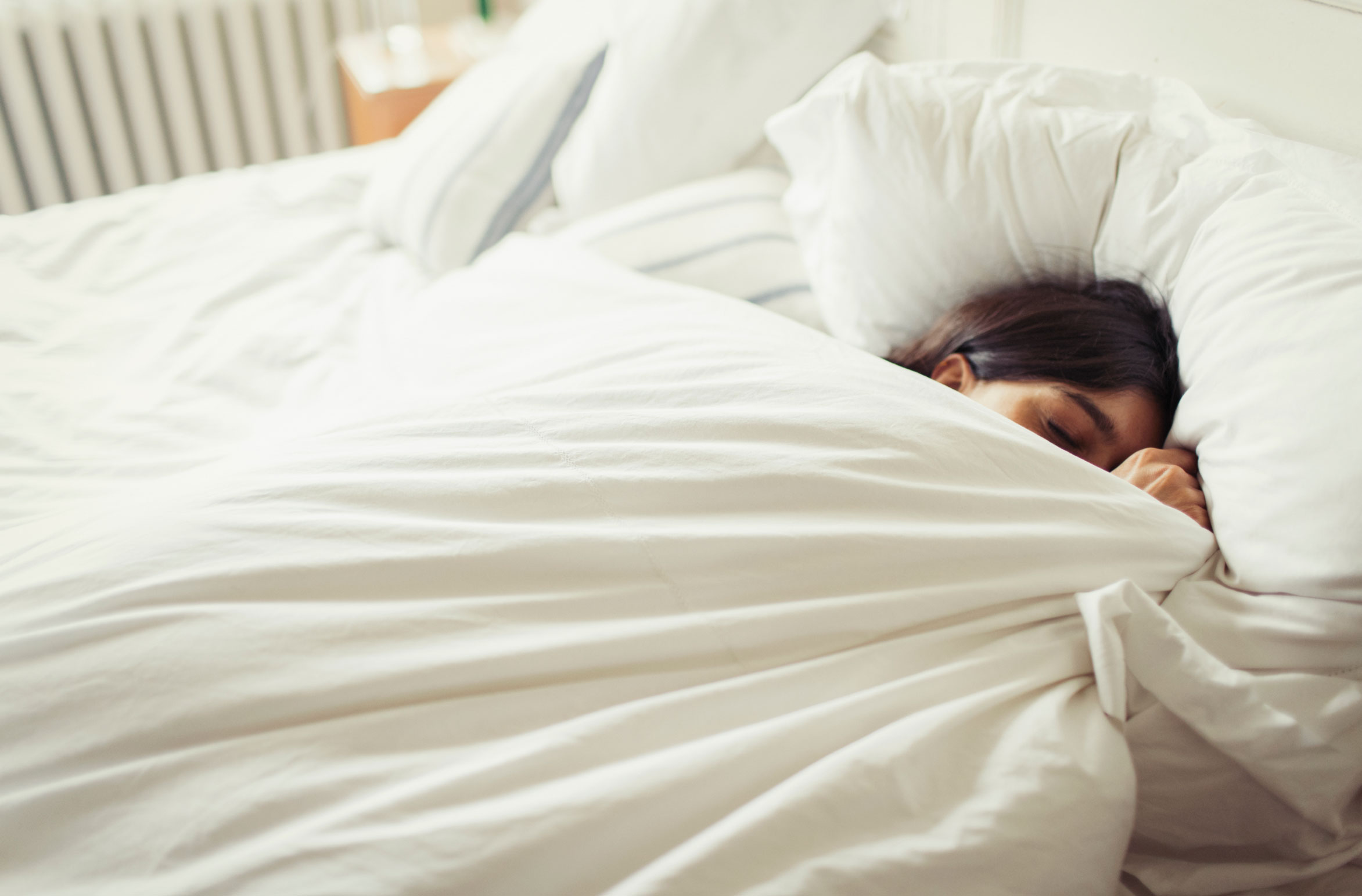
RELATED: Can’t sleep? 20 easy ways to help you fall asleep
4. Waking no feeling refreshed
If you’re tired in the mornings, you may be waking too often or have an underlying health problem such as sleep apnoea or restless legs syndrome. See your GP.
Try to: ✿ Restrict alcohol. It makes you more likely to sleep lighter, wake through the night and spend less time in deep sleep and more in the less restful Rapid Eye Movement (REM) stage. Make sure your mattress, covers and pillows are comfortable. ✿ Go to bed and get up at the same time every day of the week. Aim for between six and eight hours of sleep a night, and avoid daytime naps. ✿ Love Lavender. ‘It’s acknowledged as a sleep aid and relaxant by the European Medicines Agency and the World Health Organisation,’ explains herbalist Dr Chris Etheridge.
4. Waking too early
Being disturbed, especially by light in high summer, is common. But even falling asleep too quickly can signify a problem, says psychologist and sleep guru Chireal Shallow. ‘It should take 7-11 minutes to fall asleep. If you routinely fall asleep faster and wake too early feeling tired, you could be sleep-deprived and need to make changes.’
The top 18 foods to eat for a great night's sleep!
Insomnia cure:
✿ Get plenty of natural light. Daylight helps regulate your natural sleep cycle. Aim to exercise outdoors every day, such as by walking. ✿ Keep your bedroom dark at night. Or wear an eye mask to block bright summer mornings or outside street lights. And ban pets from the bedroom: they’re common early-morning sleep disruptors. ✿ Keep warm throughout the night. Try bed socks, and check you have the correct-tog duvet for the time of year. ✿ Relax your muscles before bedtime. A muscle relaxation routine or meditation each night can help prepare your body for a long and restful sleep. Or, if you wake too early, try a self-hypnosis relaxation technique to lull you back to sleep.
-
 Sorry, parents - you might have 18 years of sleep deprivation ahead of you, as a new survey shows teens disrupt sleep just as much as toddlers do
Sorry, parents - you might have 18 years of sleep deprivation ahead of you, as a new survey shows teens disrupt sleep just as much as toddlers doA new survey has revealed that teens disrupt their parents' sleep just as much as toddlers do (and, sorry, it gets worse the more children you have).
By Ellie Hutchings Published
-
 How to deal with lack of sleep as a new parent: 10 tips to help you survive when your newborn needs you through the night
How to deal with lack of sleep as a new parent: 10 tips to help you survive when your newborn needs you through the nightWe've asked the experts for their ideas on battling exhaustion if you're dealing with lack of sleep as a new parent
By Ellie Hutchings Published
-
 How to sleep on a plane: 14 expert tips and kid-friendly ideas for a more peaceful flight
How to sleep on a plane: 14 expert tips and kid-friendly ideas for a more peaceful flightThe experts share their best tips for getting to sleep on a plane, so you can start your next family holiday well-rested.
By Ellie Hutchings Published
-
 What are sleep affirmations and do sleep affirmations work?
What are sleep affirmations and do sleep affirmations work?Do sleep affirmations work? Our experts reveal how this night time practice can benefit your wellbeing.
By Rose Goodman Published
-
 What does it mean when you dream about someone? This sleep expert explains why
What does it mean when you dream about someone? This sleep expert explains whyThese sleep experts have explained what it means when you dream about someone - whether it's a romantic partner, friend or family member.
By Robyn Morris Last updated
-
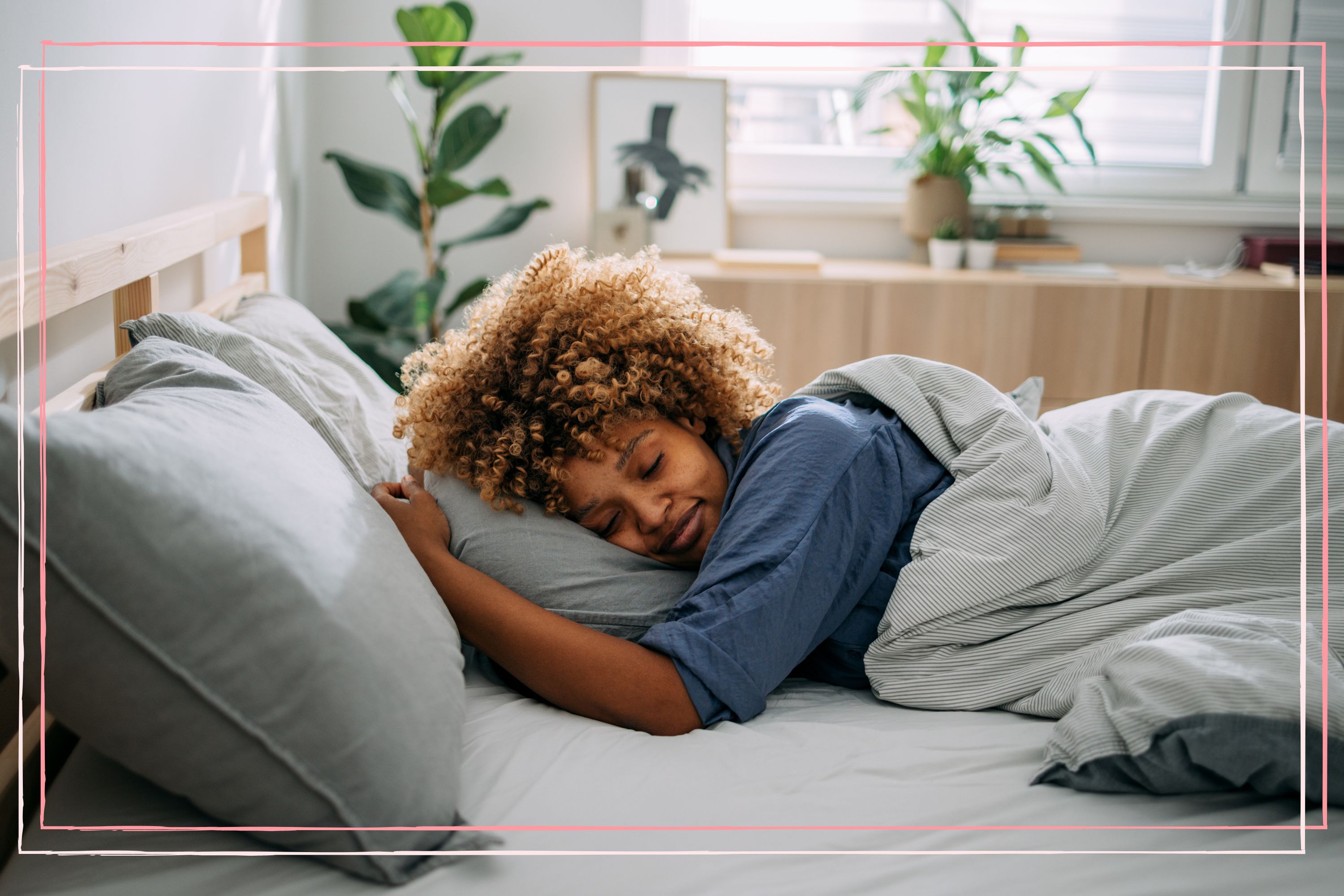 How much deep sleep do you need and 9 ways to get more of it as a new parent
How much deep sleep do you need and 9 ways to get more of it as a new parentWe've asked the experts to explain how much deep sleep you need and how to get more of it if your baby is keeping you up at night.
By Ellie Hutchings Last updated
-
 What does my dream mean? 14 of the most common dream meanings explained
What does my dream mean? 14 of the most common dream meanings explainedHave you ever dreamt that you were flying? Or that your teeth have fallen out? We've asked the experts to explain these dream meanings - and loads more!
By Ellie Hutchings Last updated
-
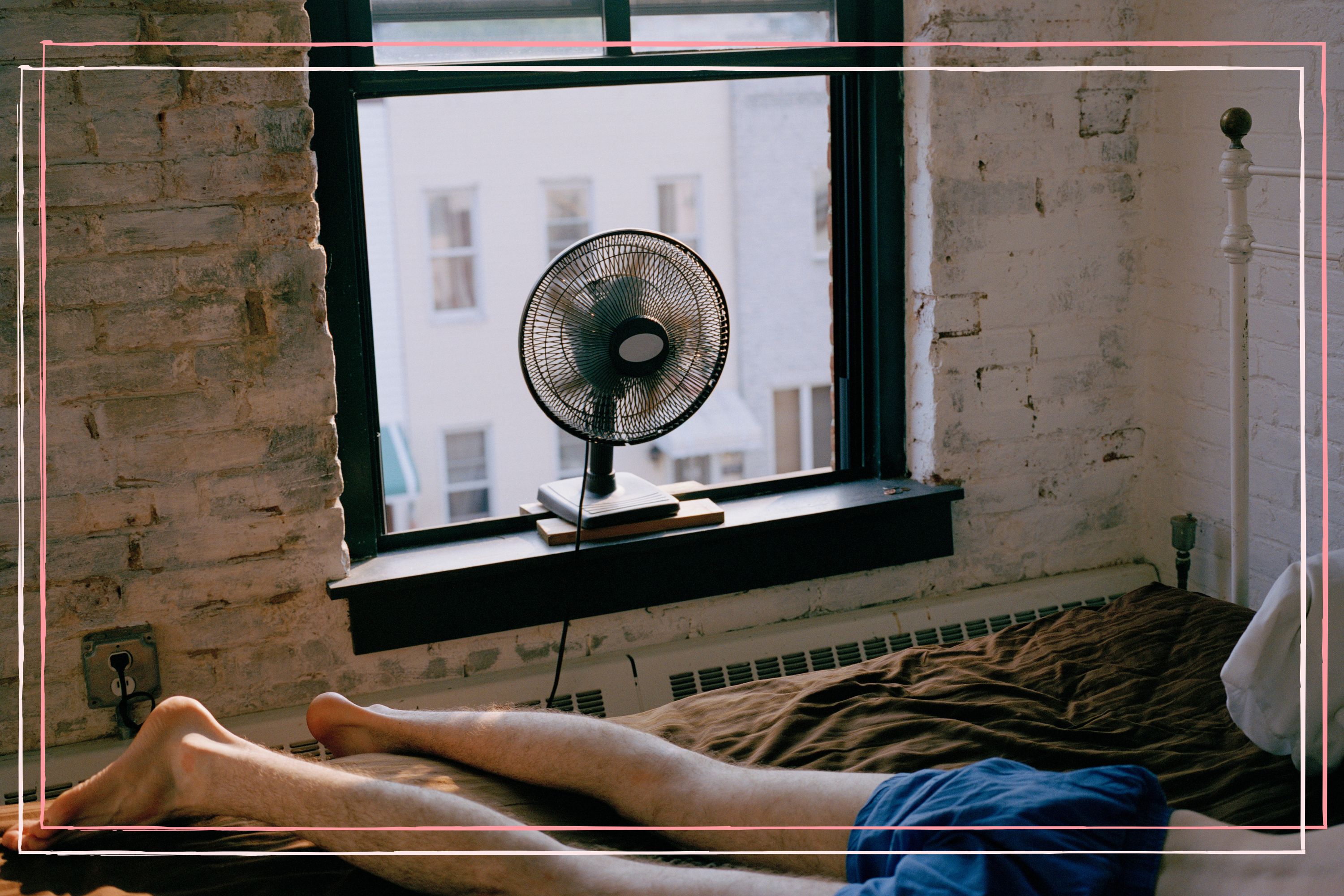 How to sleep in the heat: 25 expert tips for getting to sleep in a heatwave
How to sleep in the heat: 25 expert tips for getting to sleep in a heatwaveThese tips for how to sleep in the heat will help put an end to that unbearable tossing and turning on those sweltering summer nights.
By Anna Bailey Last updated